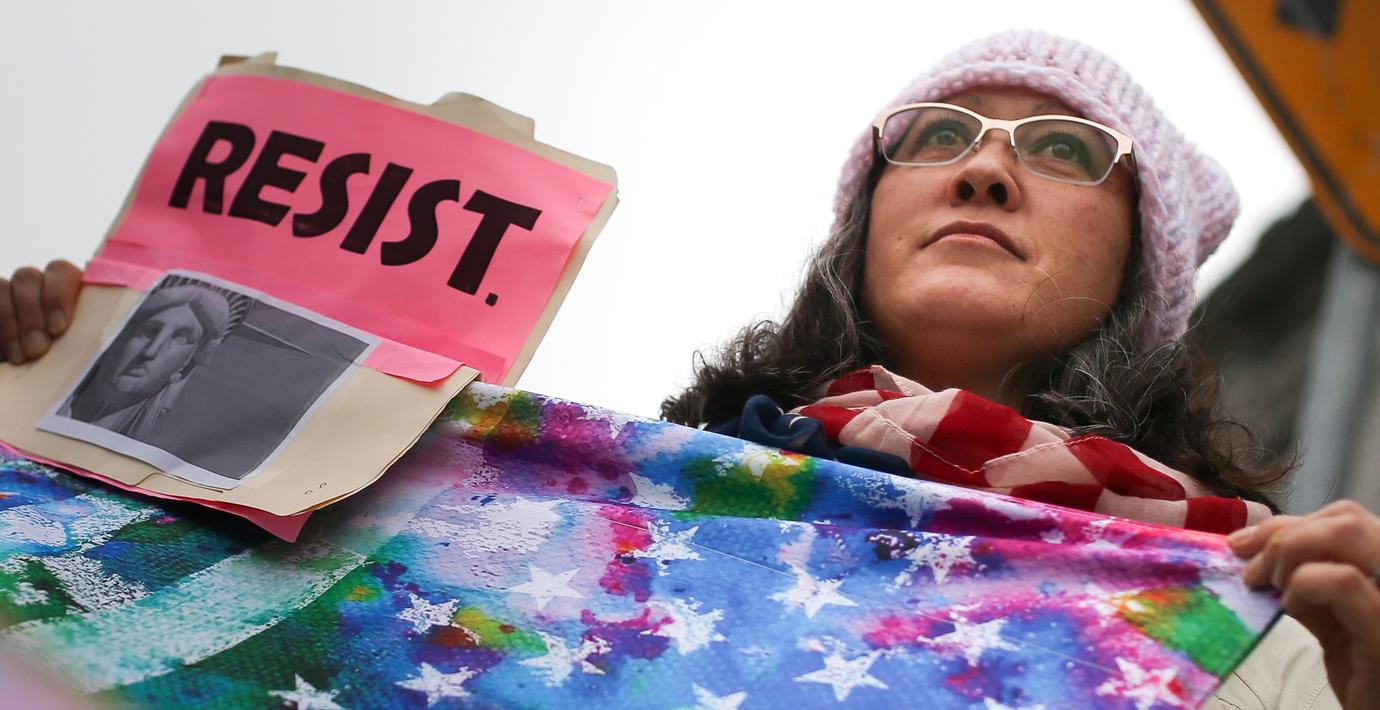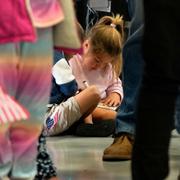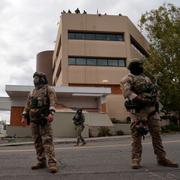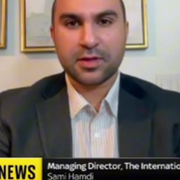bakgrund
Inreseförbudet, exekutiva ordern 13769
Wikipedia (en)
Executive Order 13769, entitled "Protecting the Nation from Foreign Terrorist Entry into the United States", is an executive order that was signed by U.S. President Donald Trump on January 27, 2017. In response to a temporary restraining order issued in the case of State of Washington v. Trump, the Department of Homeland Security said on February 4 that it had stopped enforcing the portions of the executive order affected by the judgment, while the State Department activated visas that had been previously suspended.
The order limited the number of refugee arrivals to the U.S. to 50,000 for 2017 and suspended the U.S. Refugee Admissions Program (USRAP) for 120 days, after which the program would be conditionally resumed for individual countries while prioritizing refugee claims from persecuted minority religions. The order also indefinitely suspended the entry of Syrian refugees. Further, the order suspended the entry of alien nationals from seven Muslim-majority countries — Iraq, Iran, Libya, Somalia, Sudan, Syria and Yemen — for 90 days, after which an updated list will be made. The order allows exceptions to these suspensions on a case-by-case basis. The Department of Homeland Security later exempted U.S. lawful permanent residents (green card holders).
Over a hundred travelers were detained and held for hours without access to family or legal assistance. In addition, up to 60,000 visas were "provisionally revoked", according to the State Department. Lawsuits against the immigration policy of Donald Trump were immediately filed, arguing that the order, or actions taken pursuant to the order, violated the U.S. Constitution, federal statutes, and treaty obligations. Federal courts issued emergency orders halting detention, expulsion, or blocking of lawful travelers, pending final rulings.
Domestically, the order was criticized by Democratic and Republican members of Congress, universities, business leaders, Catholic bishops, and Jewish organizations. A record 1,000 U.S. diplomats signed a dissent cable opposing the order. Public opinion was divided, with initial national polls yielding inconsistent results. Protests against the order erupted in airports and cities. Internationally, the order prompted broad condemnation, including from longstanding U.S. allies. The travel ban and suspension of refugee admissions was criticized by top United Nations officials and by a group of 40 Nobel laureates and thousands of other academics.





